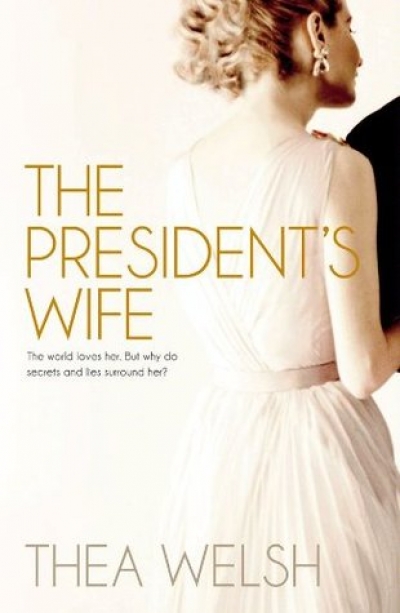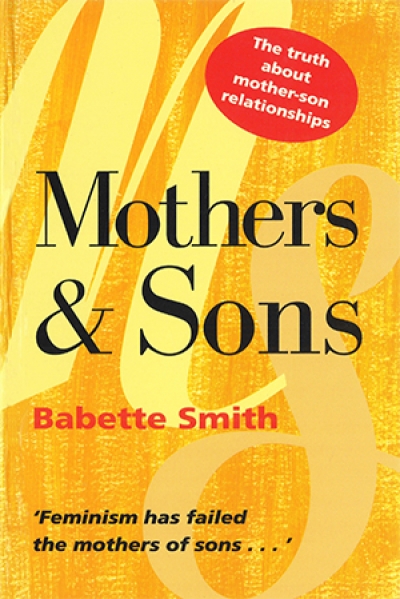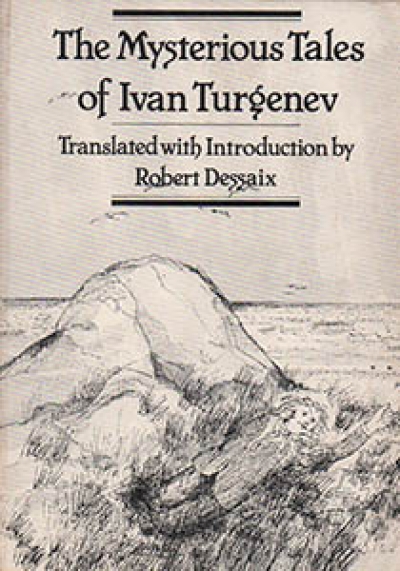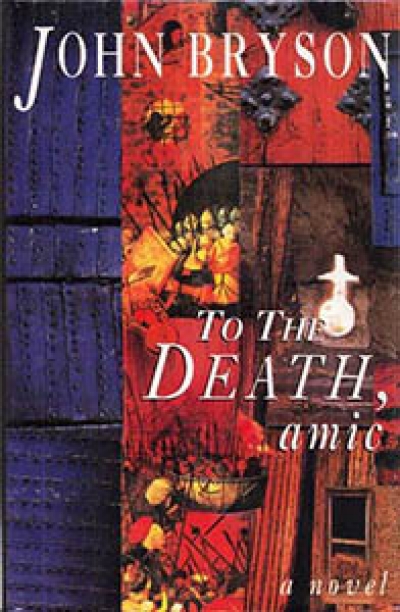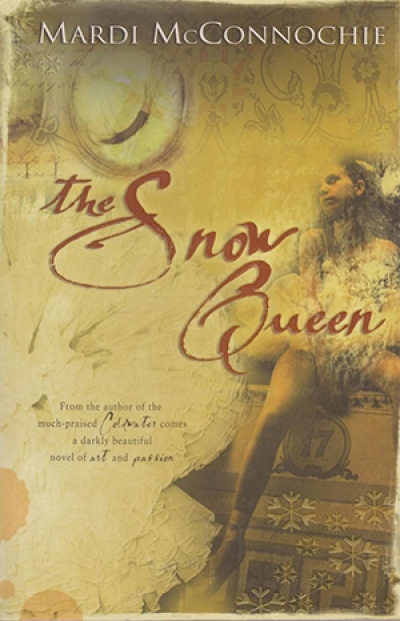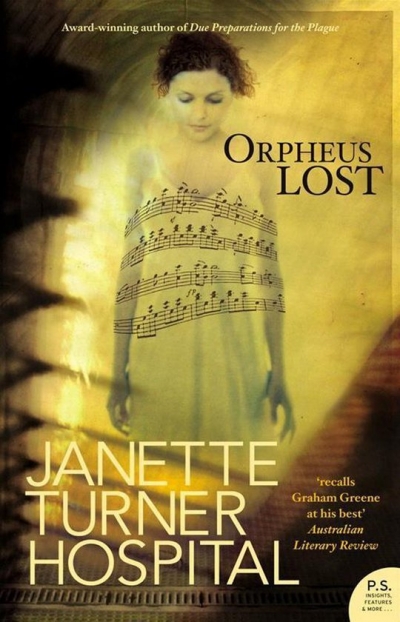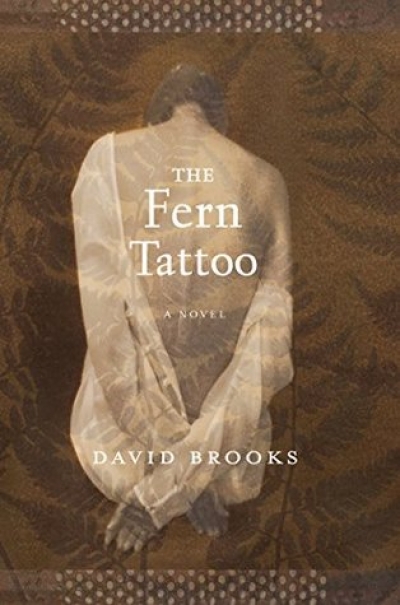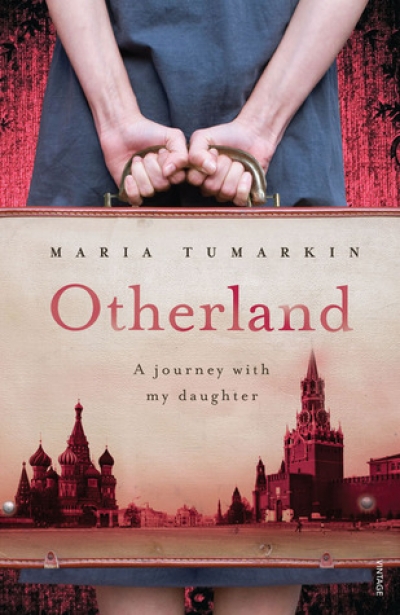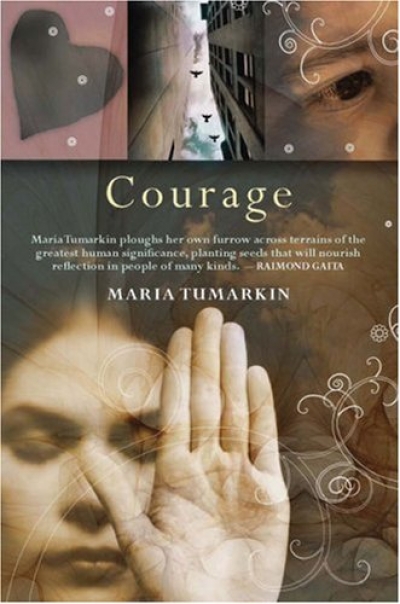Judith Armstrong
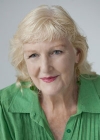
Judith Armstrong’s most recent book, War & Peace and Sonya, has just been republished in London by the Unicorn Press.
This book is full of sadly ironic observations, such as: Most adult sons have no memory of telling their mother to stop kissing them; decades later they are simply anguished and resentful that she has shown them no affection.
... (read more)
This volume of stories adds to the spate of books by or about Turgenev that have appeared recently yet it cannot be said to be redundant, as it provides an English version of five novellas not readily available in a collected form. Since the translator’s argument rests on the importance of the frequently neglected later part of Turgenev’s oeuvre (i.e. the shorter works appearing after the majo ... (read more)
While there are several biographies of Ivan Turgenev, and one or two specialised studies of his works available in English, there is only one comprehensive attempt at interpretation and criticism –Richard Freeborn’s Turgenev: The novelist’s novelist. The A.N.U. Press’s publication of Robert Dessaix’s doctoral dissertation is a valuable addition to a scanty field, especially as there is v ... (read more)
The trial of Lindy Chamberlain drew the fascinated attention of most Australians when it was reported day and night in every media outlet. It moved into a different but equally popular mode with the publication of John Bryson’s documentary novel Evil Angels and the screening of Fred Schepisi’s film of the same name. The novel not only won a clutch of awards but was translated into nine languag ... (read more)
When I was about ten, I used to devour the books of an English children’s author named Noel Streatfield. The most famous was called Ballet Shoes, which took young antipodeans onto the stage and into the wings of another world, the London theatre scene. Galina Koslova, a Russian-born émigrée to South Australia and the heroine of The Snow Queen, gives Ballet Shoes to a step-granddaughter, correc ... (read more)
If the role of myth is to elaborate an unbearable truth so frequently and variously that its burden is made bearable, it is no wonder that the story of Orpheus and Eurydice exists in a multitude of retellings and a plethora of different versions on canvas, screen, stage and disc. Most of these remain faithful to its romantic-tragic paradigm: boy meets girl, boy loses girl, boy does not get her bac ... (read more)
In these litigious days, should I declare a tenuous bias in favour of David Brooks (whom I know not at all)? According to an extensive list of previous publications, which includes poetry, short fiction, essays and one earlier novel, he has devoted several editorial enterprises to the poet A.D. Hope. I too admired Hope, for his passionate admiration for Russian literature, which he sometimes lectu ... (read more)
Let no one say that all travel memoirs fall into the same predictable box. Otherland and Mother Land, two such works from Melbourne writers, may enjoy rhyming titles and pluck similar strings, but their styles could hardly be more dissimilar. The first, a new book from Maria Tumarkin, describes a journey to her Ukrainian/ Russian country of birth with her twelve-year-old daughter in tow; the secon ... (read more)
From the horror of ‘traumascapes’ – the eponymous subject of Tumarkin’s first book (2005) – to the noble quality we call courage is one of those small steps that equate to giant leaps. Having spent a long time thinking and writing about the devastation caused to particular sites during the harsher episodes of recent history, Tumarkin has moved on to the human sentiments associated w ... (read more)

